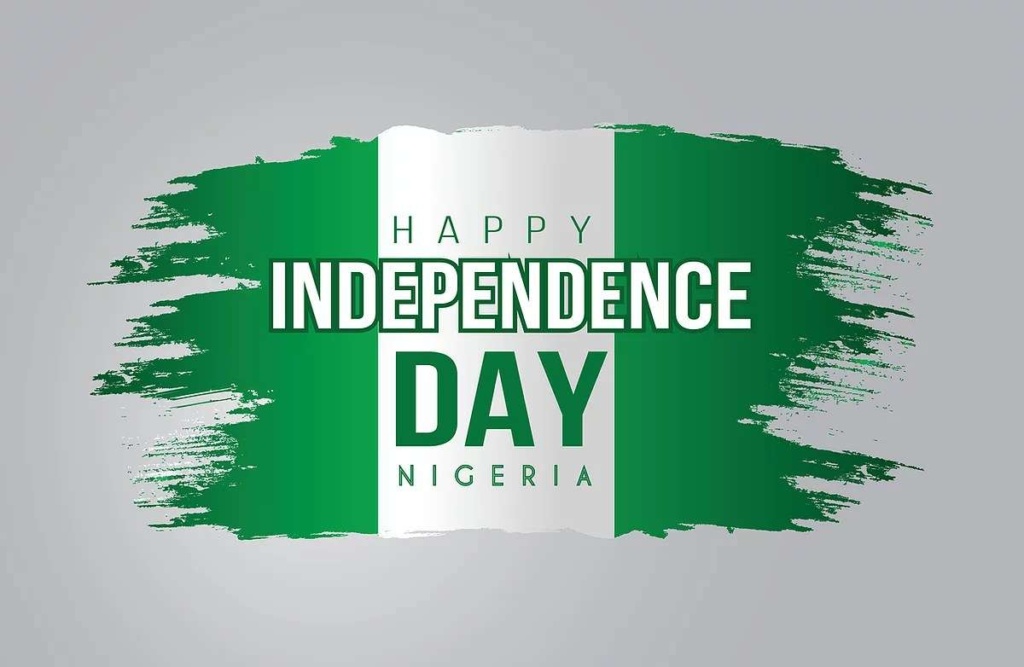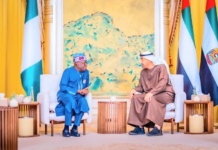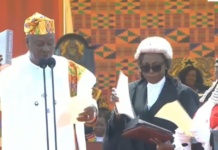
By Olakunle Agboola – On October 1st, 2024, Nigeria will celebrate its 64th Independence Day, marking the anniversary of its freedom from British colonial rule in 1960. This provides an opportunity to reflect on the nation’s journey since independence and consider the state of its progress.
For many Nigerians, this day stirs a blend of pride, nostalgia, and anxiety as the country continues to grapple with numerous socio-economic and political challenges. The lingering question on everyone’s mind is whether Nigeria is truly moving forward and if this year’s independence celebration is, indeed, one to celebrate.
A Glimpse into Nigeria’s Colonial Past and Independence
Before gaining independence, Nigeria, like many other African nations, was colonized by the British, who controlled the country for over six decades. The process of colonization led to the forced amalgamation of diverse ethnic groups—namely the Hausa-Fulani in the north, the Yoruba in the southwest, and the Igbo in the southeast—into a single nation in 1914. While this unification helped to form a larger administrative unit, it also created deep-seated ethnic and religious tensions that persist today.
On October 1, 1960, Nigeria achieved independence under the leadership of Prime Minister Sir Abubakar Tafawa Balewa. It was a moment of hope, filled with dreams of a prosperous and united nation. However, the honeymoon period was short-lived, as political strife, ethnic divisions, and a series of military coups soon destabilized the young country.
Critics have argued that Nigeria’s independence was a calculated time bomb, strategically set up by the British to shift the face of governance while maintaining economic control behind the scenes.
According to this perspective, the British granted political freedom but did so in a manner that left Nigeria vulnerable to internal divisions and conflict. By ensuring that key economic sectors, such as oil and other natural resources, remained under indirect British influence or multinational control, the colonial power effectively safeguarded its economic interests.
This view suggests that independence was not designed to empower Nigeria fully but rather to create a facade of autonomy while perpetuating British dominance over the nation’s wealth, and resources.
Ethnic and regional disparities, which the British had aggravated during their rule, were left unresolved at the time of independence, creating long-term instability. As a result, some argue that Nigeria was set on a path of internal strife, corruption, and underdevelopment, all while external powers continued to benefit economically.
The Early Years of National Turmoil
The post-independence era was marred by political instability. By 1966, Nigeria had already witnessed two military coups, with General Yakubu Gowon assuming power. This period of instability was exacerbated by ethnic tensions and economic struggles, leading to the devastating Nigerian Civil War (also known as the Biafran War) from 1967 to 1970.
The conflict, which arose from the attempt of the southeastern region (dominated by the Igbo ethnic group) to secede and form the Republic of Biafra, claimed over a million lives and left deep scars on the nation’s collective memory.
After the war, Nigeria struggled to restore peace and unity. The oil boom of the 1970s provided temporary relief, with the country becoming one of the world’s largest oil producers. However, the newfound wealth also fostered widespread corruption.
Successive military regimes mismanaged the country’s resources, and infrastructure development lagged. The military dictatorships of Generals Ibrahim Babangida and Sani Abacha during the 1980s and 1990s entrenched corruption further, with the latter’s reign being notorious for its brutal suppression of political dissent and human rights abuses.
The Return to Civilian Rule and Democratic Struggles
In 1999, Nigeria returned to civilian rule with the election of Olusegun Obasanjo, a former military ruler, as president. The transition to democracy brought renewed hope, with expectations that civilian governance would address many of the challenges facing the nation, including corruption, poor infrastructure, and ethnic violence.
However, the democratic experiment has been fraught with disputes. The Fourth Republic has seen some political stability, but it has also been plagued by flawed elections, mismanagement, and governance issues.
Corruption remains a significant challenge, with Transparency International consistently ranking Nigeria among the most corrupt nations in the world. This systemic corruption has hindered progress in vital sectors such as healthcare, education, and infrastructure.
Despite some improvements, the question of whether democracy has delivered the dividends Nigerians expected remains open. The gap between the ruling elite and the masses has widened, with poverty, unemployment, and insecurity persistently afflicting the population.
Is Nigeria Moving Forward?
The challenges facing Nigeria are daunting, but there have been some bright spots. For instance, Nigeria’s tech sector has seen significant growth, positioning the country as a leader in Africa’s digital economy. Startups in Lagos are attracting international investment, and Nigerian tech talent is making waves globally.
Additionally, Nigeria has a vibrant civil society and media landscape, both of which continue to play crucial roles in holding the government accountable. The #EndSARS movement in 2020, which protested police brutality, showcased the power of Nigerian youth and their desire for change.
This movement was a significant moment in Nigeria’s recent history, symbolizing a younger generation’s frustration with the status quo and their demand for a better future.
However, systemic challenges such as corruption, poor governance, and insecurity still hinder the nation’s progress. Nigeria’s political system has yet to deliver meaningful change for the average citizen, and the country’s potential remains largely untapped.
Is Independence Day Worth Celebrating in 2024?
As Nigeria approaches its 64th Independence Day, many Nigerians are asking whether there is cause for celebration. The day is, without doubt, a reminder of the hard-fought struggle for freedom and the resilience of a people bound by a common history. However, it is also an occasion for sober reflection on how far the country has come and how much further it must go.
Nigeria’s challenges are immense, and for many, the promise of independence has yet to be fully realized. Poverty, insecurity, corruption, and governance issues continue to plague the nation. Nevertheless, the spirit of the Nigerian people—resilient, resourceful, and hopeful—remains strong.
Ultimately, this Independence Day should not just be a celebration but a call to action. It is a moment to reassess, re-strategize, and recommit to building a nation that works for all its citizens.
The question is not just whether Nigeria is moving forward but whether it is moving in the right direction. October 1, 2024, should be a day of unity, reflection, and determination to keep pushing for the Nigeria that was dreamed of in 1960: a united, prosperous, and just nation.








